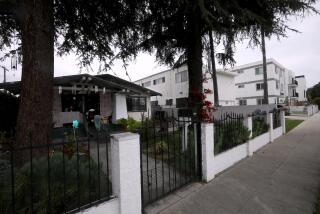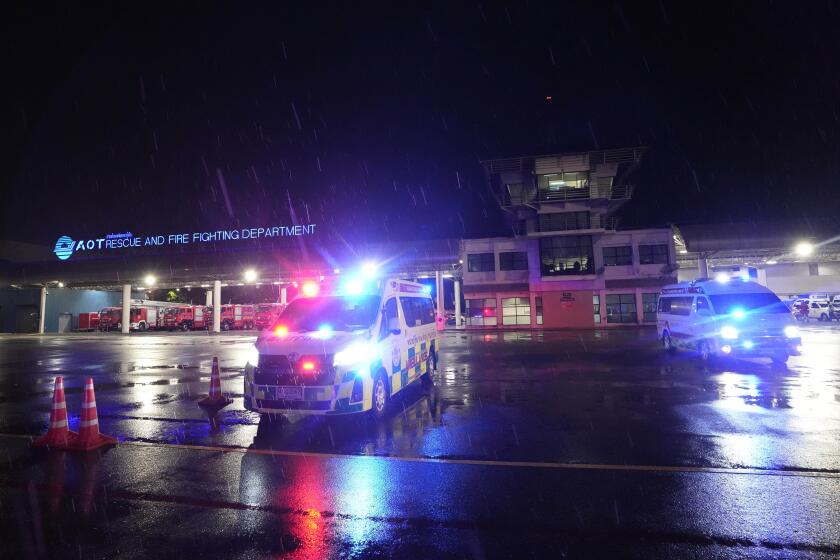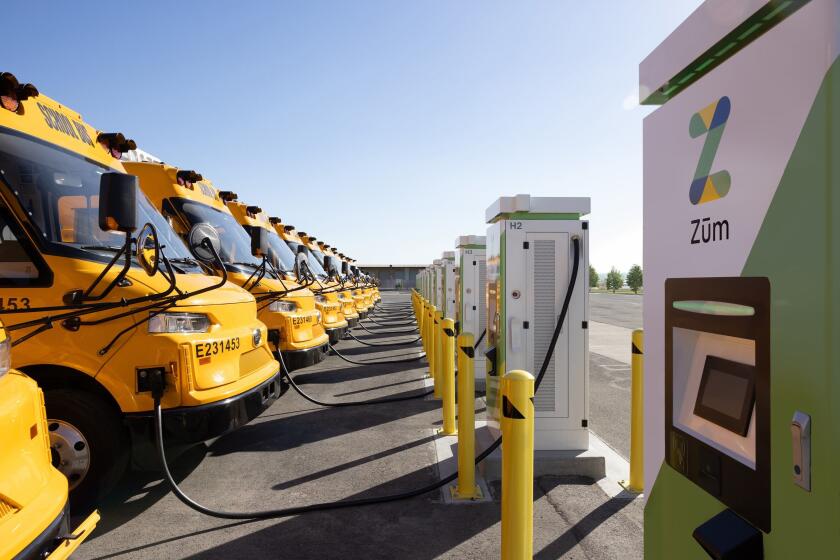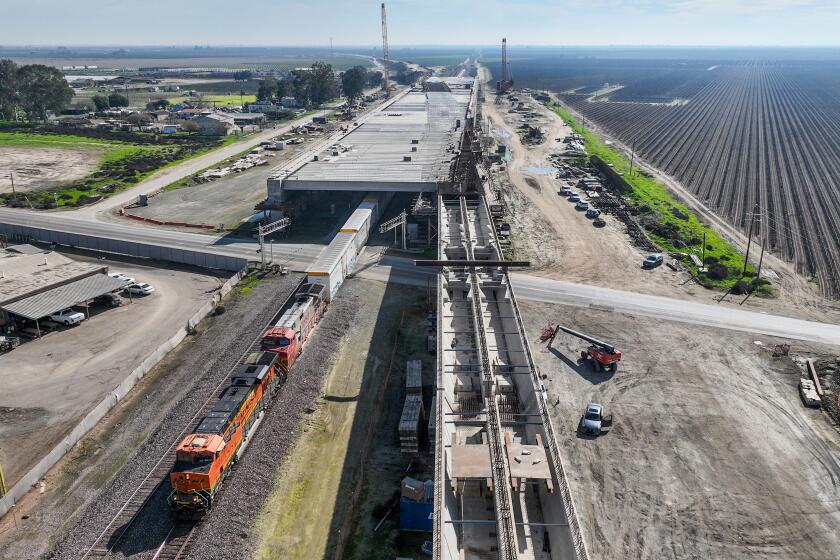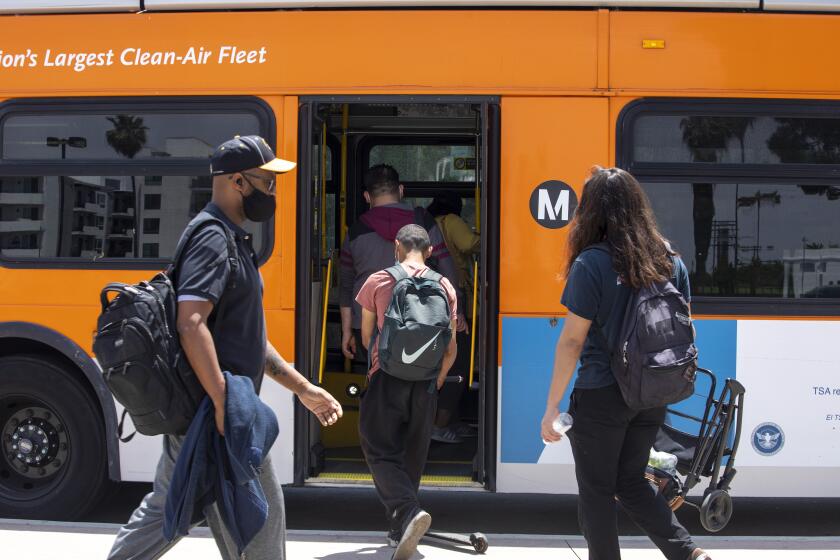Unregistered Car Amnesty Offered Before Crackdown
Beginning Jan. 1, deadbeat drivers who have not registered their cars can pay up and avoid penalties by taking advantage of a three-month amnesty.
After April 1, however, penalties and fines for unregistered vehicles will increase, and the California Highway Patrol will crack down on the estimated 1.2 million drivers with expired plates.
“Pay now or pay much more later,” Assemblyman Gray Davis (D-Los Angeles), author of the amnesty program, said at a news conference called to launch a public awareness campaign.
“These new laws will put teeth in our registration system and remind people it is a privilege rather than a right to use our roads,” Davis said.
The estimated 1.2 million owners of unregistered cars and trucks owe the state about $84 million a year. The state’s $2.5-billion Motor Vehicle Account, which pays for the activities of the Department of Motor Vehicles and the CHP, has a $37-million deficit. There are 20 million registered vehicles.
It is the state’s second amnesty program. One for delinquent income and sales taxes, conducted between Dec. 10, 1984, and March 15, 1985, brought the state more than $150 million.
The registration fee for a car includes $22 in pure registration fees, which goes to the DMV; $1 for additional CHP officers, and the vehicle license fee, a property tax that is 2% of the value of the car, depreciated over 10 years. The lowest possible total fee, for a car valued at less than $1,000 or more than 10 years old, is $24; the average fee is $70.
Currently, the penalty for late registration is 20% of the fee due. In addition, if a driver is stopped by a police officer and cited for expired registration, he or she can be assessed a $50 fine by the courts, but currently that is optional.
Motorists whose registration expired on or before Feb. 28, 1985, can take advantage of the amnesty. Between Jan. 1 and March 31, they can pay their overdue registration fees without a penalty.
But motorists whose registration has expired since March 1, 1985, or who are cited by a police officer cannot take advantage of amnesty. Even during the amnesty period, motorists cited for lapsed registration will have to pay the current penalties and fines and cannot claim amnesty.
“The incentive is to go in and pay up before you get caught,” said DMV Deputy Director Alvin Livingston.
Beginning April 1, the penalty will be increased. It will be 20% for the first year of delinquency, 40% for the second year and 80% for the third year. And a fine of $50 to $250 will be mandatory. Under a separate new law, police will be authorized to impound vehicles with stickers over 1-year-old until the owner has paid overdue fees.
The DMV estimates it could take in $15 million from the amnesty program. Additional revenues to cities and counties from the increased fines after April 1 are estimated to be $20 million.
Parking Ticket Amnesty
The amnesty law also encourages local governments to couple the vehicle registration amnesty with a similar program for overdue parking tickets. Currently, motorists cannot renew their registration until they have paid back parking fines. Davis said he hopes several cities will do that. San Francisco had a recent parking ticket amnesty program that brought in $1.4 million.
The CHP cited 448,000 motorists for expired registration last year, but Davis said courts have not had the incentive to levy the fines.
Livingston said the parking ticket requirement and the new law requiring cars in most big cities to have smog equipment tests every two years are probably the biggest reasons motorists do not renew their registrations.
More to Read
Start your day right
Sign up for Essential California for news, features and recommendations from the L.A. Times and beyond in your inbox six days a week.
You may occasionally receive promotional content from the Los Angeles Times.


